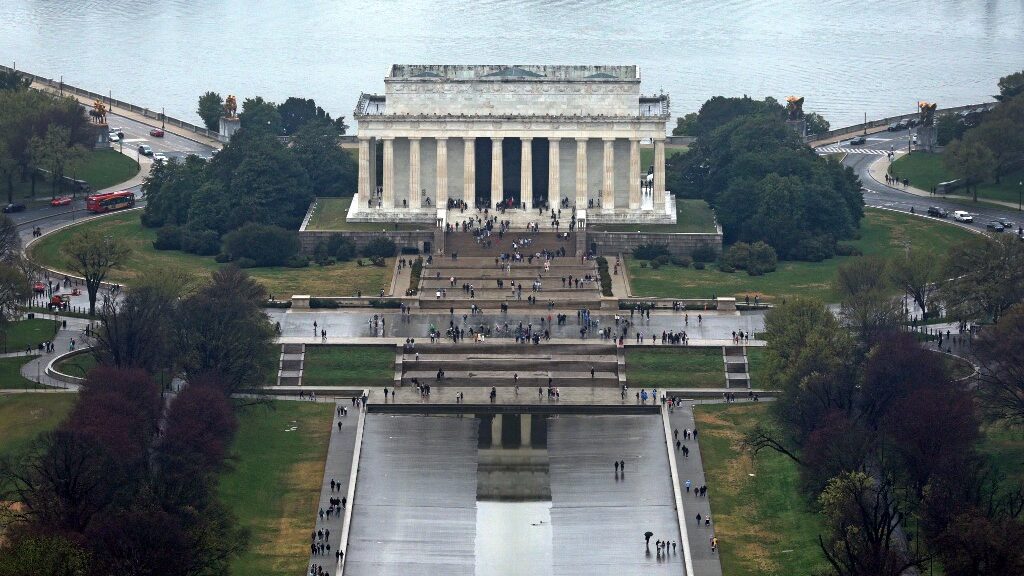
Washington D.C. sports betting is embroiled in a fresh controversy as the state recently terminated funding for local problem gambling resources following the lackluster reception of its online sports betting platform introduced in May 2020.
Help Is Not on Its Way
There are few, if any, states that don’t earmark a portion of their proceeds from sports gambling or iGaming revenue to programs that assist people who feel they need help controlling or eliminating their desire to gamble.
Washington D.C. also implemented such a program when they clumsily launched online sports betting more than three years ago but the $200,000 to fund such resources will no longer be in the fiscal 2024 budget.
A spokesperson for Washington DC’s Department of Behavioral Health (DBH) stated, “Treatment and support services for problem gambling disorder currently are available through a network of DBH-certified community-based providers. In addition, private insurance plans that offer behavioral health services are required to provide the same level of coverage and access to mental health and substance use disorder services.”
The DBH spokesperson further added, “The Department of Behavioral Health is committed to providing a range of services in the public behavioral health care system to meet the needs of all residents.”
As suggested by the D.C. Lottery’s website, if a problem gambler needs assistance, they should contact Gambler’s Anonymous or call the National Council on Problem Gambling’s helpline. In other words, D.C. will put money in its tax coffers by feeding your addiction but when you get sick and tired of being sick and tired, why not send you to get treatment on someone else’s dime?
Oh No You Didn’t!
Naturally, there was understandable outrage by those who felt what should be considered a pittance, relative to how much the D.C. government should make on sports betting, was suddenly considered excessive by local lawmakers for desperately needed problem gambling resources which will now become a budgetary casualty.
Problem and responsible gambling advocate, Brianne Doura-Schawohl, founder of Doura Schawohl Consulting LLC, said, “What an incredibly disheartening and maddening day for the people of D.C. Problem gambling does not discriminate, and individuals who are currently struggling or will struggle in the future deserve support from a trained professional. In their decision to repeal funding for vital health services, D.C. leaves thousands of people without help or hope.”
In an age when states are suddenly deluged with additional tax revenue emanating from online sports betting, a previously untapped revenue stream, the vast majority are upping the ante on problem gambling programs, providing more money, not less, let alone eliminating these resources from the budget.
A Call for Competition and Accountability
The issue at hand is that D.C.’s online sports betting platform was given to one entity, Intralot, without any other bidders. Sounds perfectly kosher, right? And what happens when there’s no competition? There’s no incentive to do the job right.
And that is precisely why the D.C. sports betting market was such a mess to begin with, to the point it will likely never recover until the D.C. politicians have enough sense – or shame – to pull the contract from Intralot when it expires in 2024 and allow the gaming industry professionals such as Caesars, DraftKings, and FanDuel, to name a few, to do it the right way.
One local politician who is not afraid to admit when things go horribly awry is D.C. Council member Elissa Silverman, who introduced legislation last year to end the pact with Intralot and its deplorable GambetDC app, and do what has been proven wildly successful across the nation – allow the national sports betting operators to solve the problem.
“We need to turn the page on this embarrassing episode,” Silverman said in a statement. “Residents deserve an online app that works, taxpayers deserve a program that brings in money for the District, and we all deserve a system where we don’t hand huge contracts to a preferred company and its subcontractors without even looking at the competition.”













